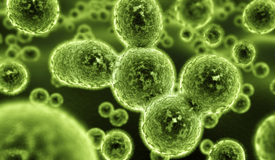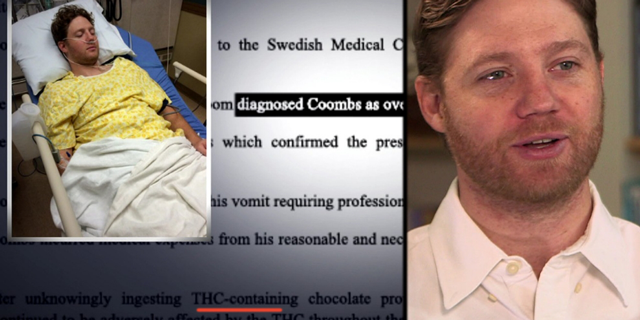The Green Buddha Patient Co-op performed both quality and safety testing on its product. We believed all medical cannabis and in fact all cannabis dispensed in our state ought to be fully tested for contaminants. However until July 1, 2016 - medical cannabis is not fully regulated in our state and thus there is as of yet no safety testing of medical cannabis. Furthermore, while regulated I502 cannabis is safety tested, but sadly not for pesticides.
Green Buddha believes the first requirement of dispensing medicine should be “do no harm.”
Quality Testingtesting is determining how potent the medicine is which includes both cannabinoid and terpene testing. Cannabinoids such as THC, CBD, CBN, CBG, are the primary medicinal components of cannabis while Terpenoids are the volatile organic compounds associated with characteristic fragrances found in cannabis. Terpenoids are what gives cannabis its fine smells and tastes but they are also medicinal components in their own right. The (psychoactive) effects of cannabis are derived from in the interactions of these two sets of compounds
and thus quality testing involves the quantitative analysis of all these chemicals. Quality testing is not testing for contaminants but more about product advertisement. But quality testing is necessary from a patient standpoint too. Knowing the cannabinoid profile and potency of medical cannabis is fundamental in allowing the patient to choose the correct medicine for their needs, as well as determining how much to take.
Sadly even as we have quality testing with I502 regulated cannabis inaccurate results plaque the industry.
Safety Testinginvolves verfiying that the cannabis is free of various molds, fungus, bacteria, insects, visual contaminants, pesticides and potential heavy metals. Microbiological screening for aspergillus, penicillium, and other common but dangerous bacteria is also necessary. Checking cannabis products for E. coli bacteria is extremely important. Various yeasts and molds can also cause pathogenic reactions among those with compromised immune systems.
Sadly, while Washington's regulated cannabis is being checked for molds and fungus, butthere is no pesticides testing of recreational cannabis!
Despite the fact the state approved more than 300 pesticidal compounds! Washington State's Department of Health is now determining what testing will take place with the DOH defined "medical cannabis." The target date for these new regulations is July 1, 2016. With luck, pesticides testing may be included in these new regulations.
- Molds/Bacteria
- Pesticides
- Cannabinoids
- Terpenes
All the regulated I502 recreational cannabis
and most the unregulated medical cannabis is now being tested for molds and fungus. This is important because various yeasts and molds can cause pathogenic reactions among those with compromised immune systems. Microbiological screening for aspergillus, penicillium, and other common but dangerous bacteria is also necessary.
If you are growing your own medicine, do so pesticides free and then get your product tested for molds/fungus to insure you have the safest medicine possible. The test is usually only $50.
In a perfect world no pesticides would be used in the production of our cannabis
until we had any data on breathing the residue of these compounds in. We have no data whatsoever on breathing pesticides in - yet that is what we would be doing if pesticide residue is still on the final vapable/smokable product.
Thus the testing of medical cannabis for pesticides and other contaminants is of the utmost importance. Cannabis products should be examined for residues from pesticides such as neurotoxins organophosphates, carbamates, pyrethroids and avermectins (Avid). Sadky - this is not the case with I502 regulated cannabis.
As potency testing improved sales
cannabinoid testing was the first testing the industry embraced. The major issue Green Buddha has with current cannabinoid testing is the wide variation in test results. So wide as to make the data derived from one test scientifically useless.
The inconsistency in potency testing has been particularly acute with the edible industry. Perhaps as the industry matures it will develop more concern about the inconsistancies.
Terpene testing is necessary
if one wants to determine the true strength or potency of a product. Terpenes enhance or otherwise ameliorate the effects of the cannabinoids including thc.
Currently there is very little terpene testin in either the unregulated medical nor the regulated recreational cannabis. Nonetheless the Department of Health - which is currently determining what medical cannabis will be - appears perhaps poised to initiate terpene testing. Green Buddha approves!



